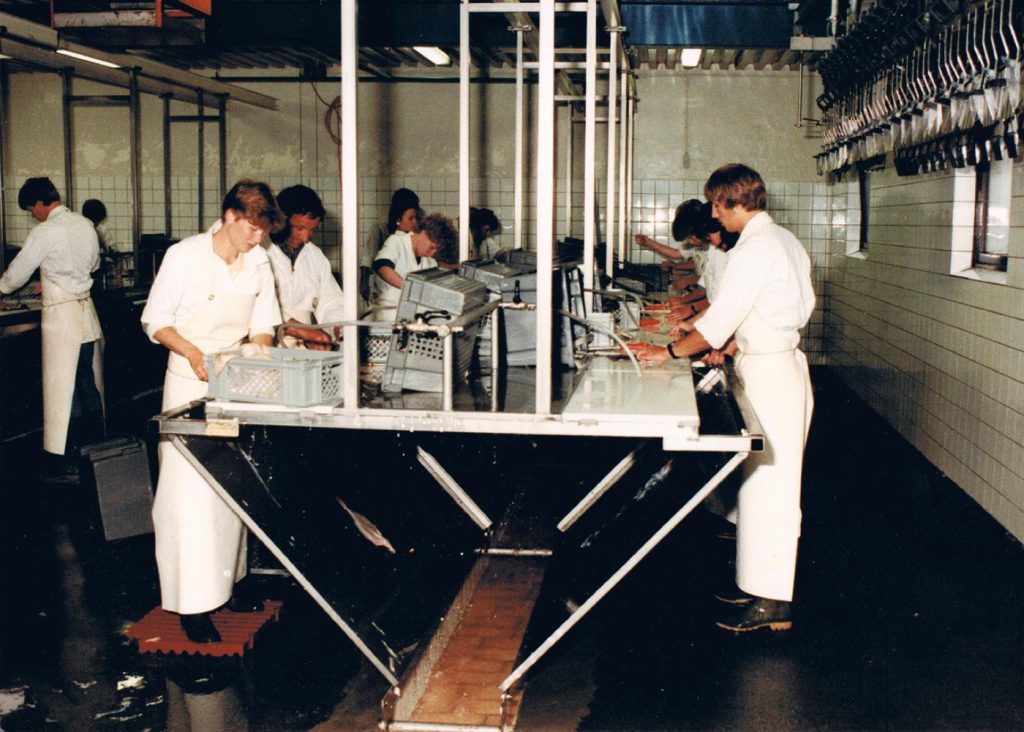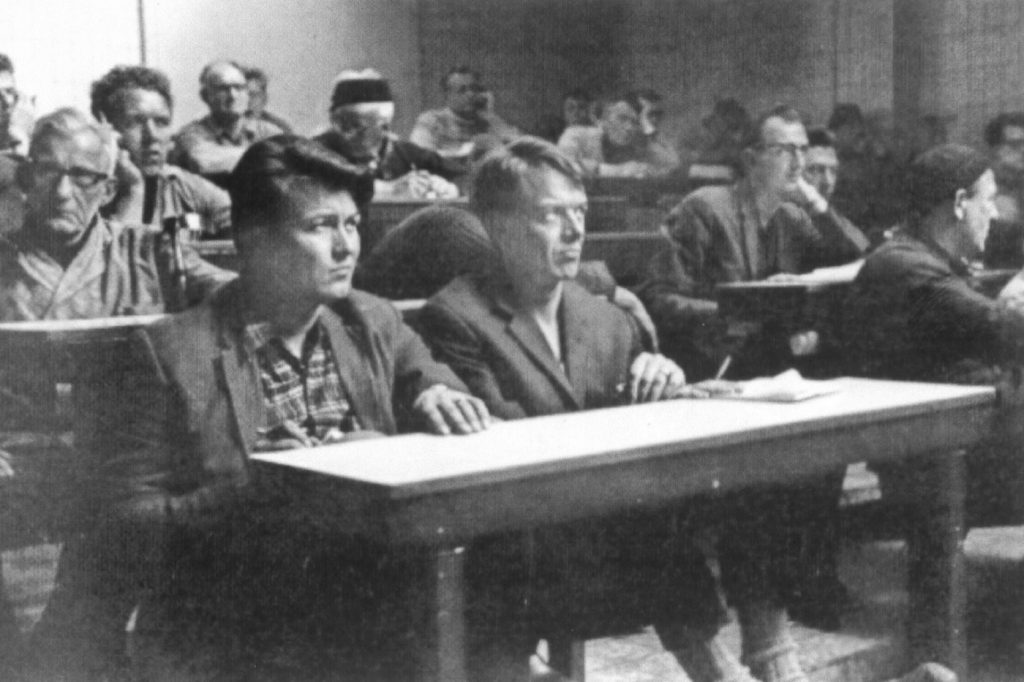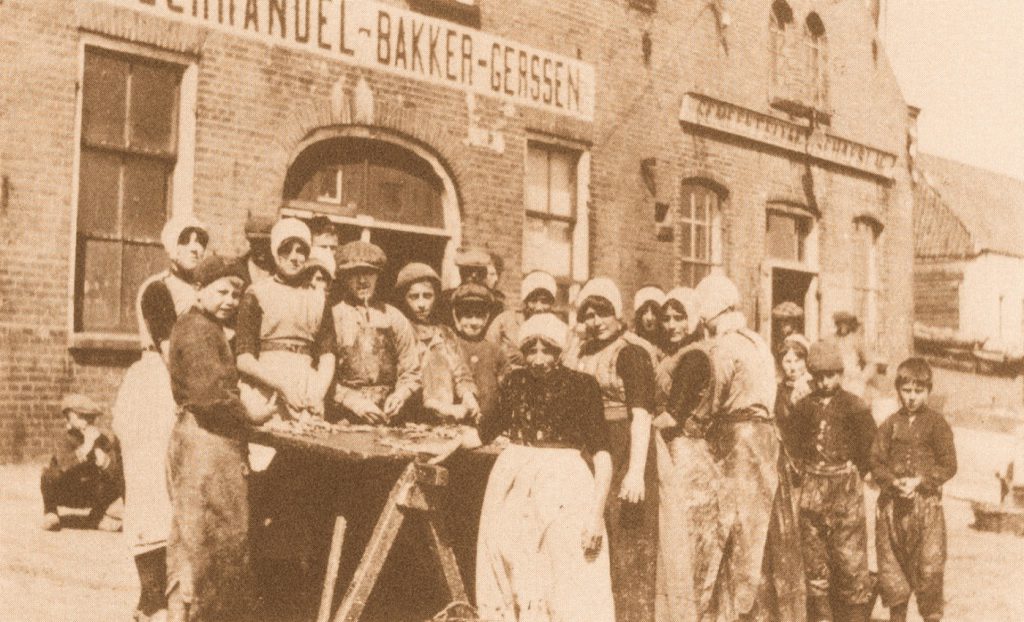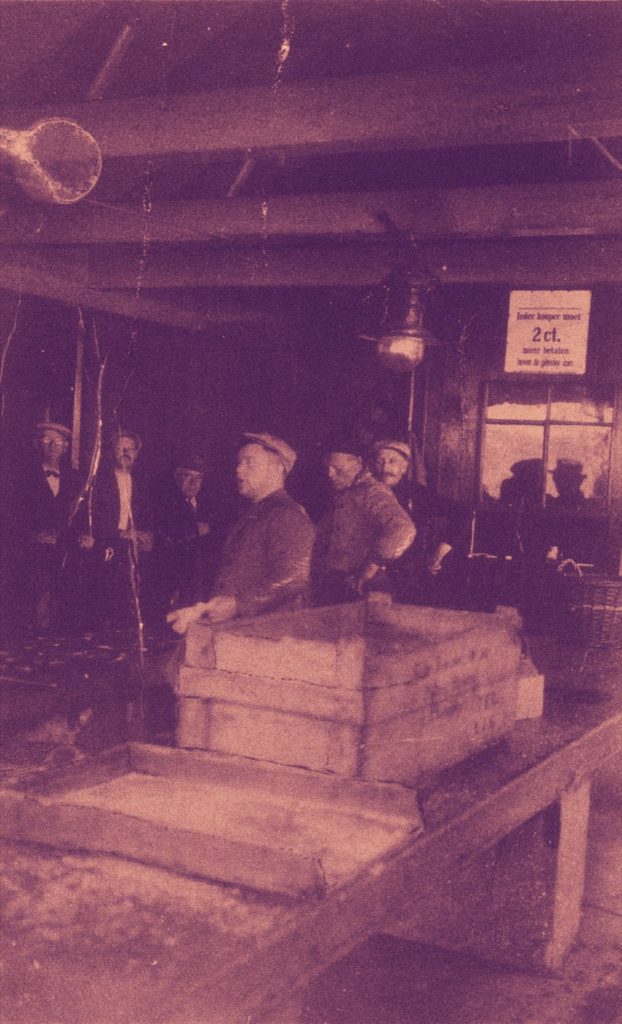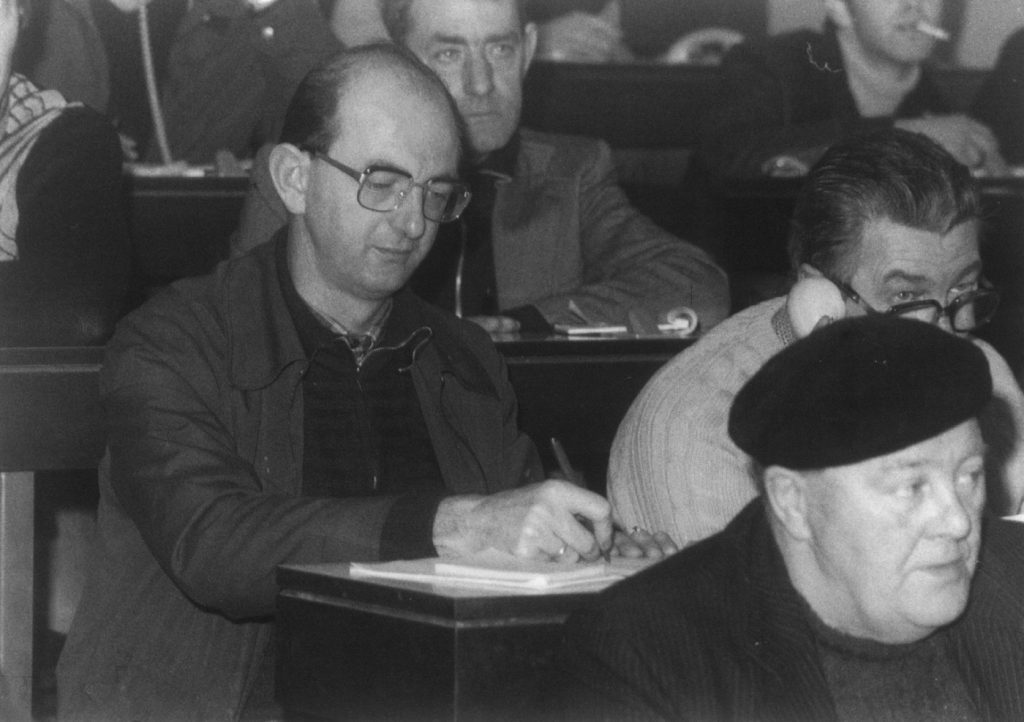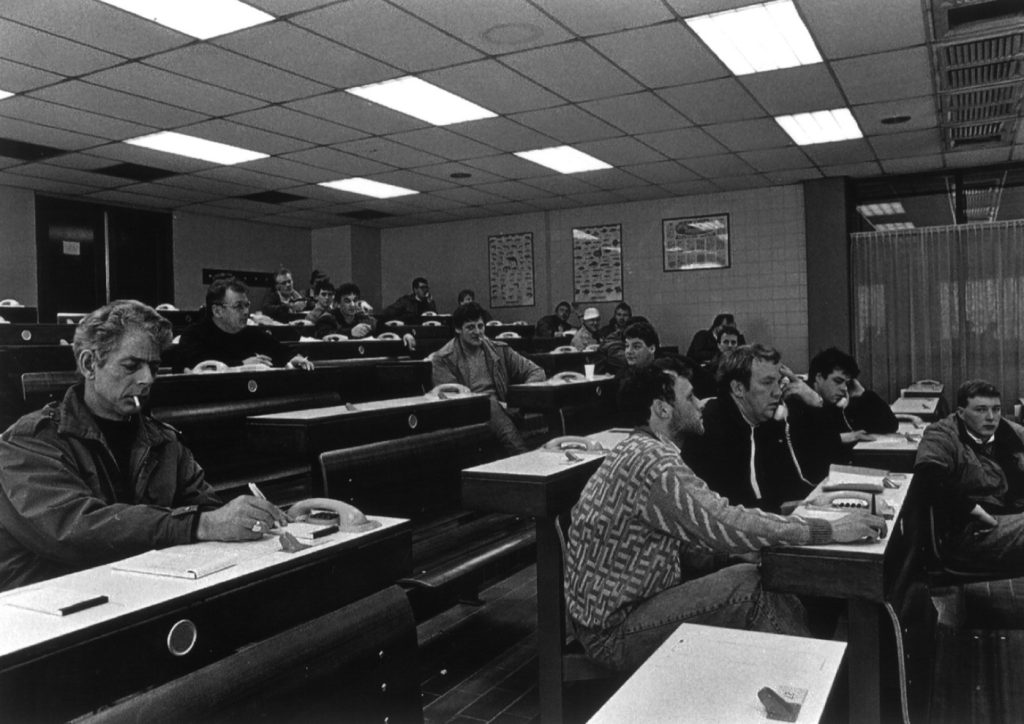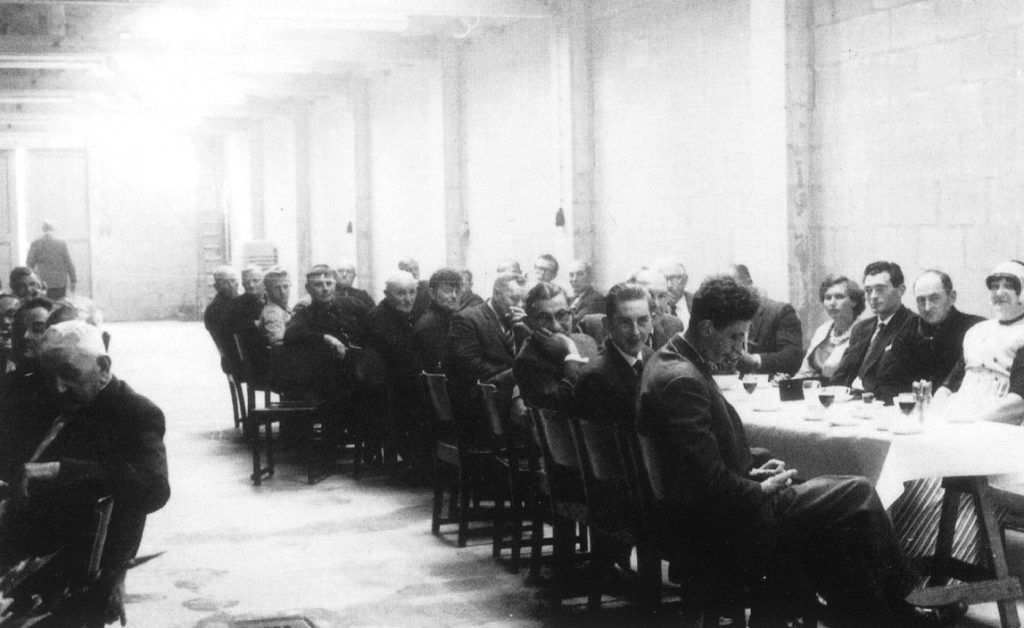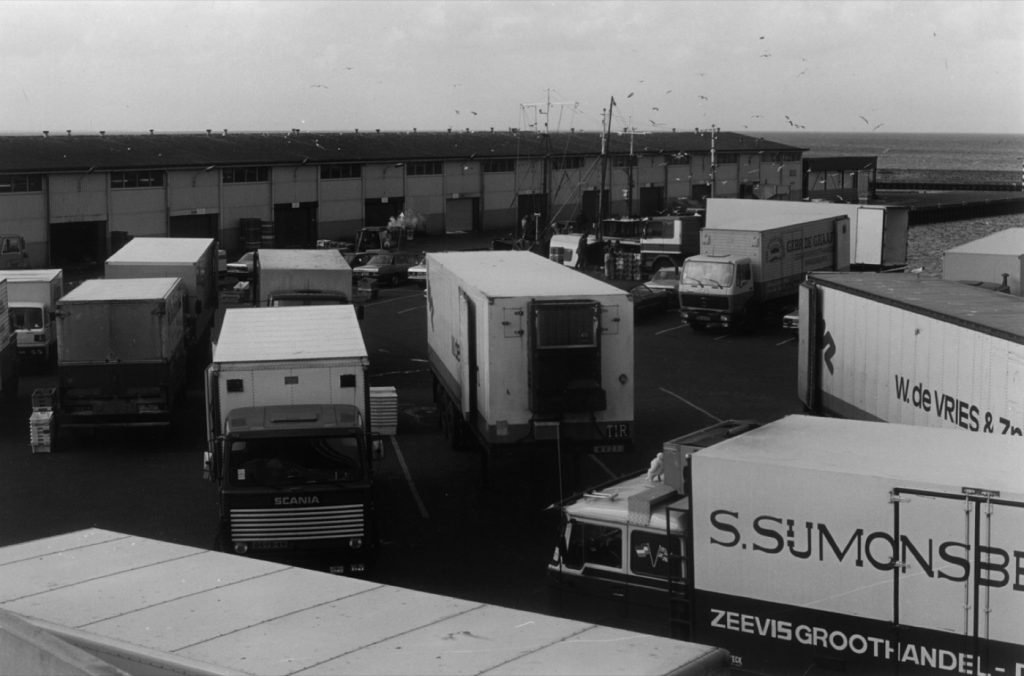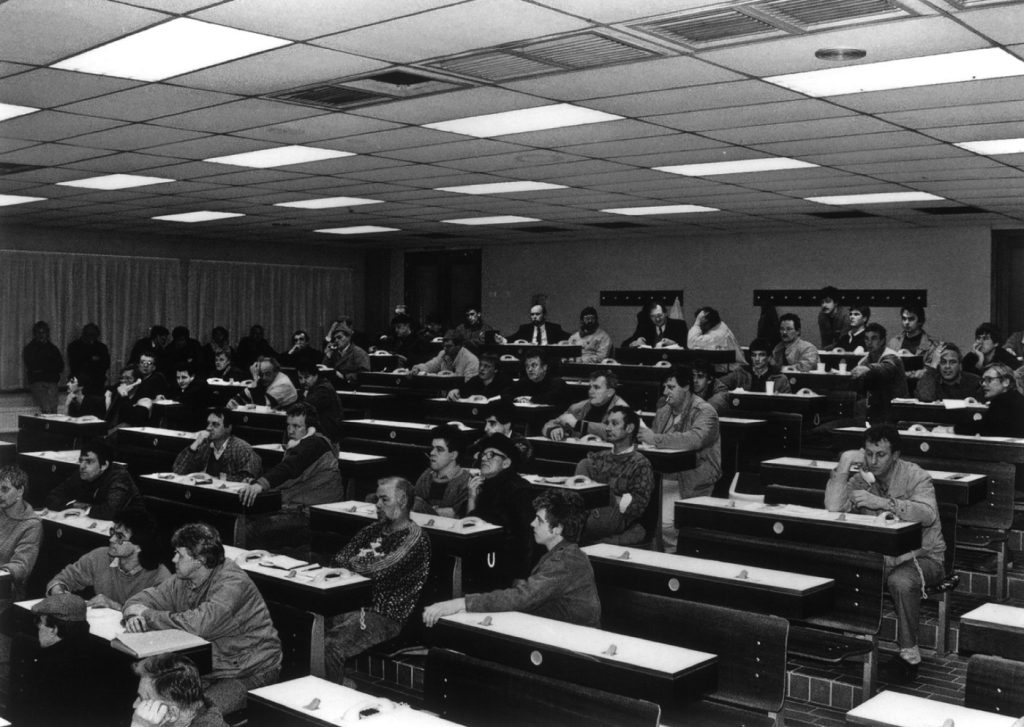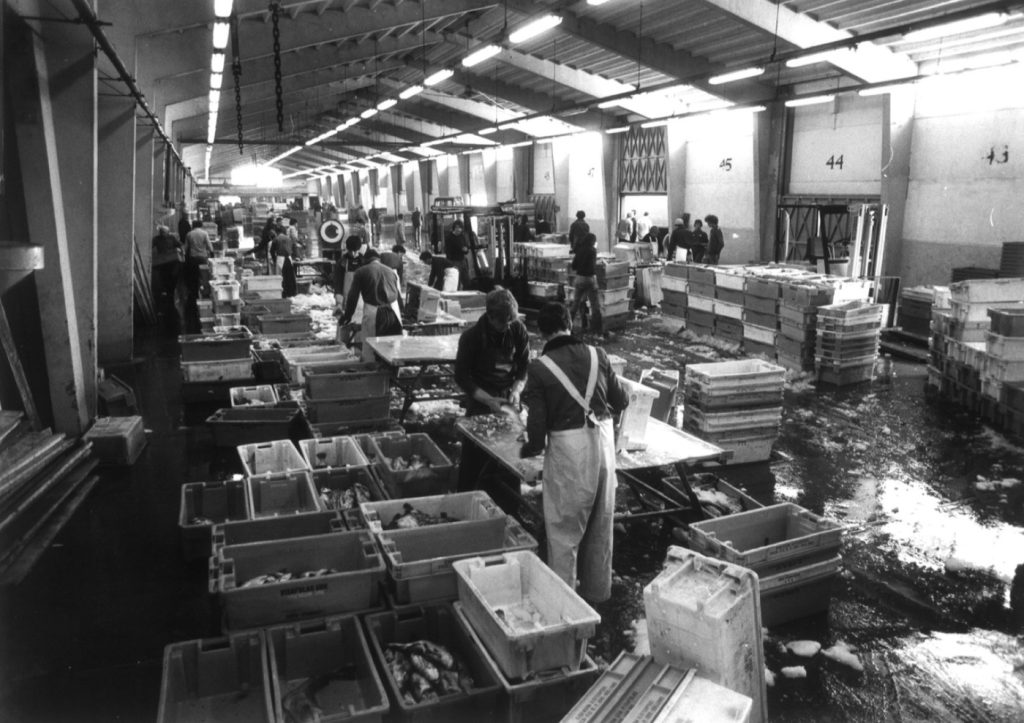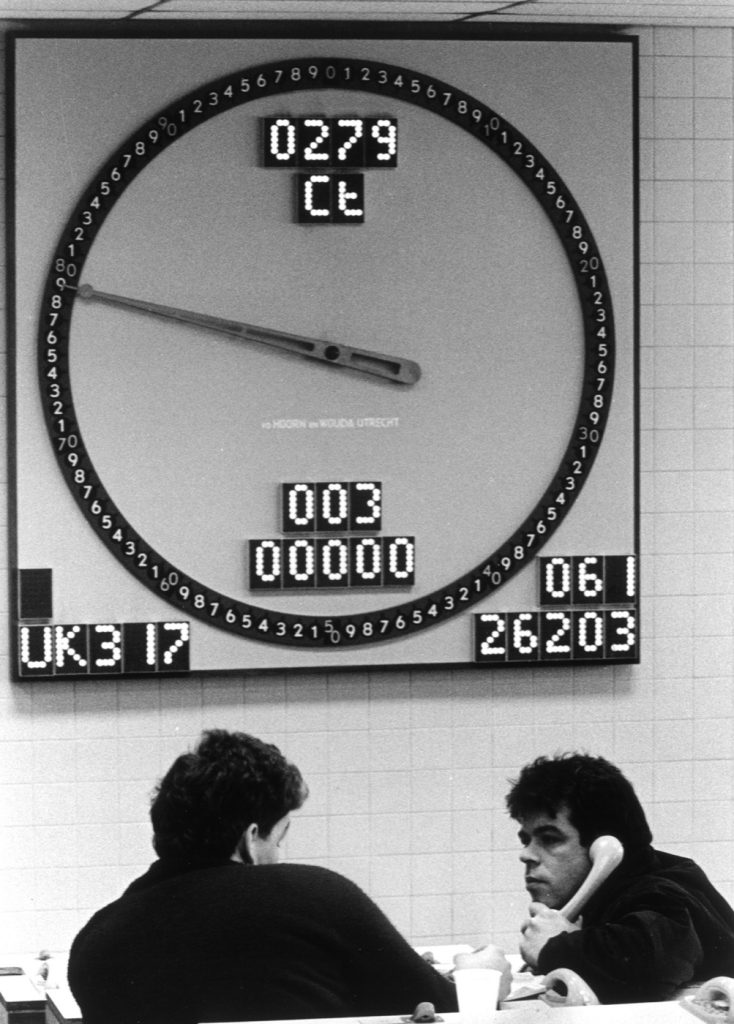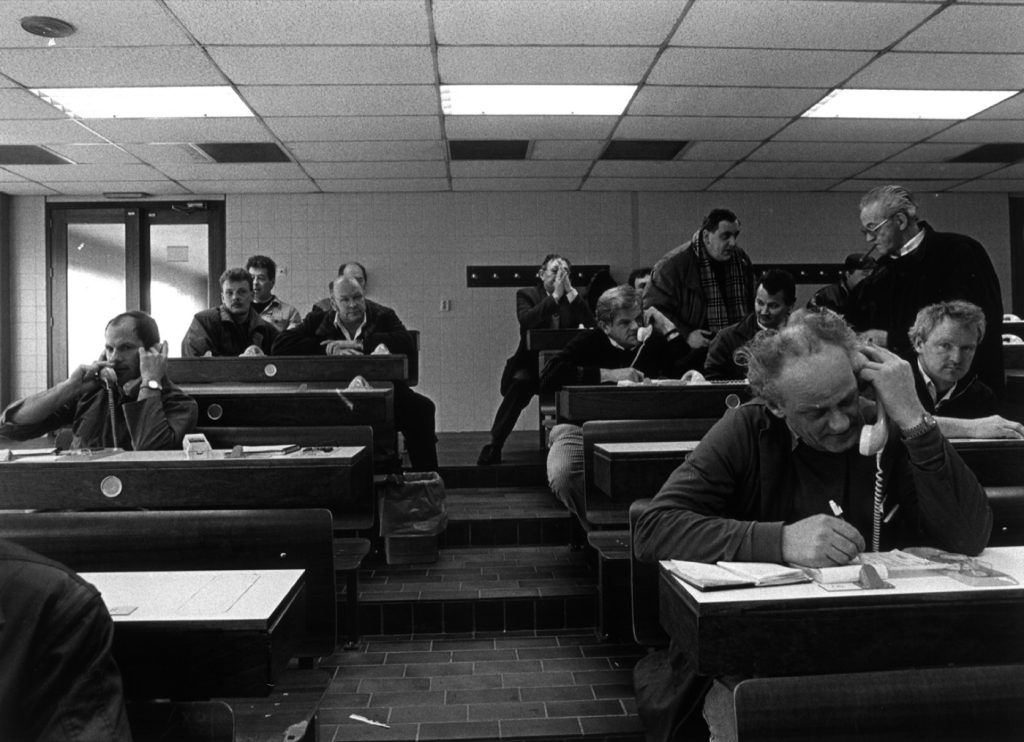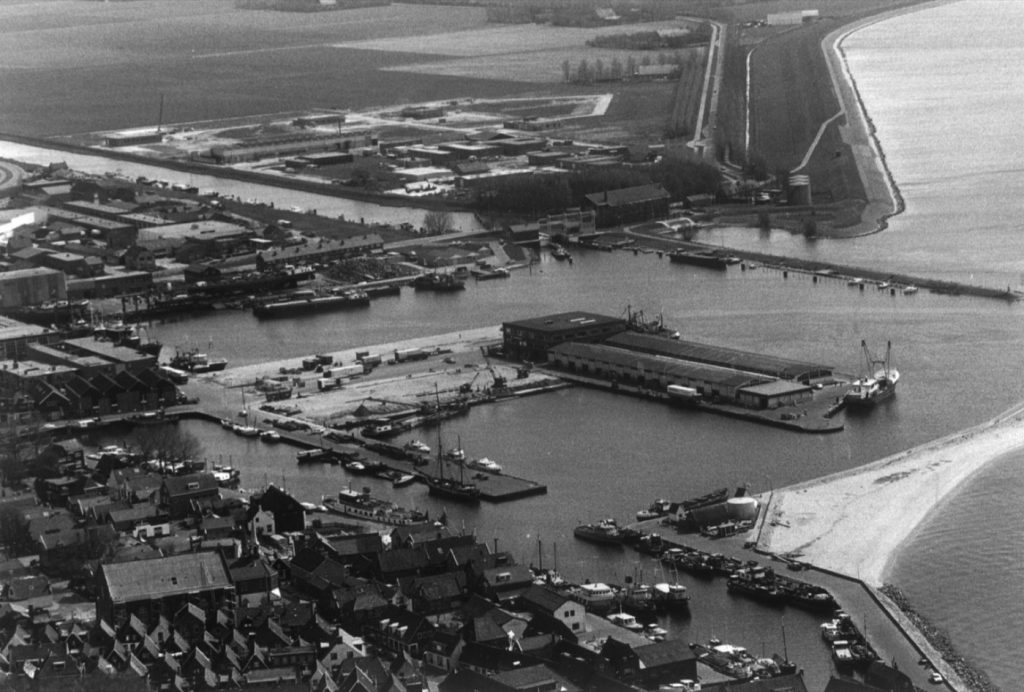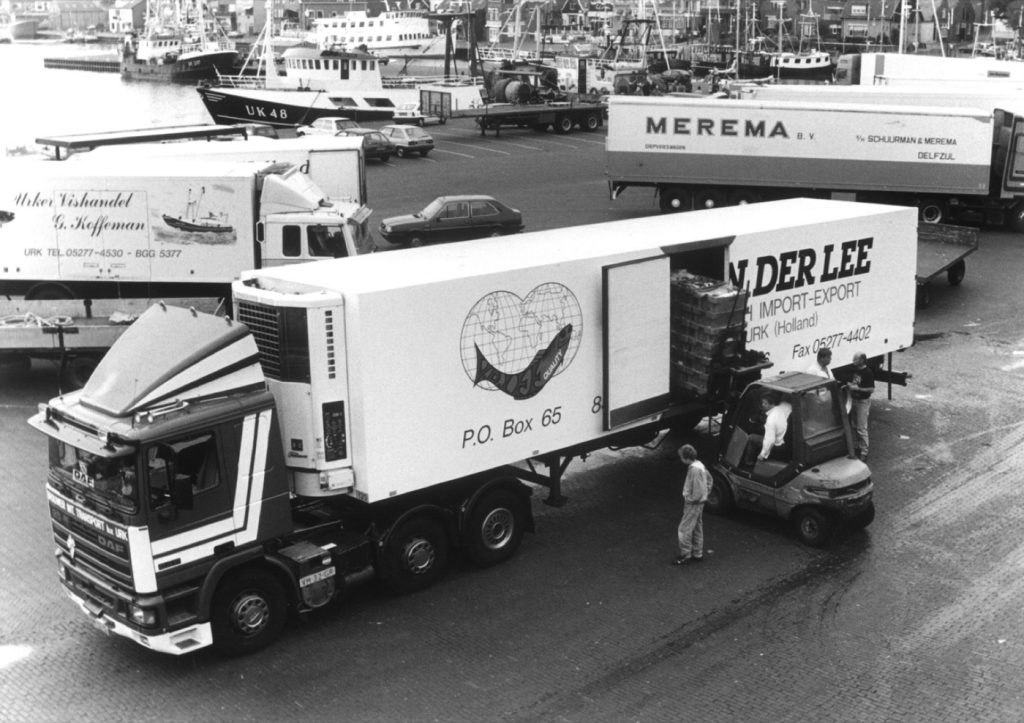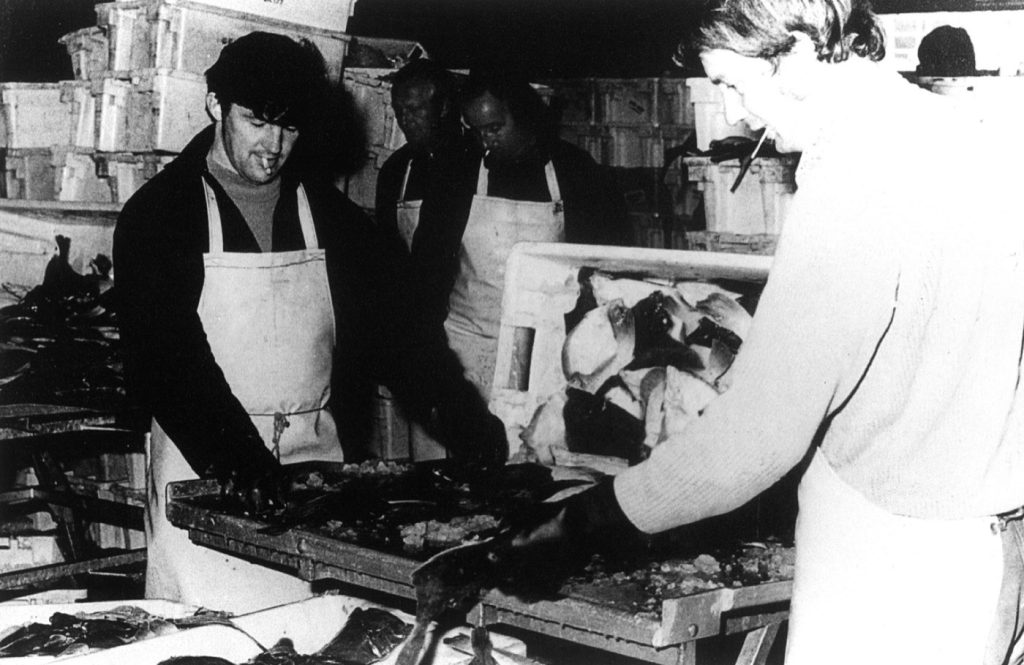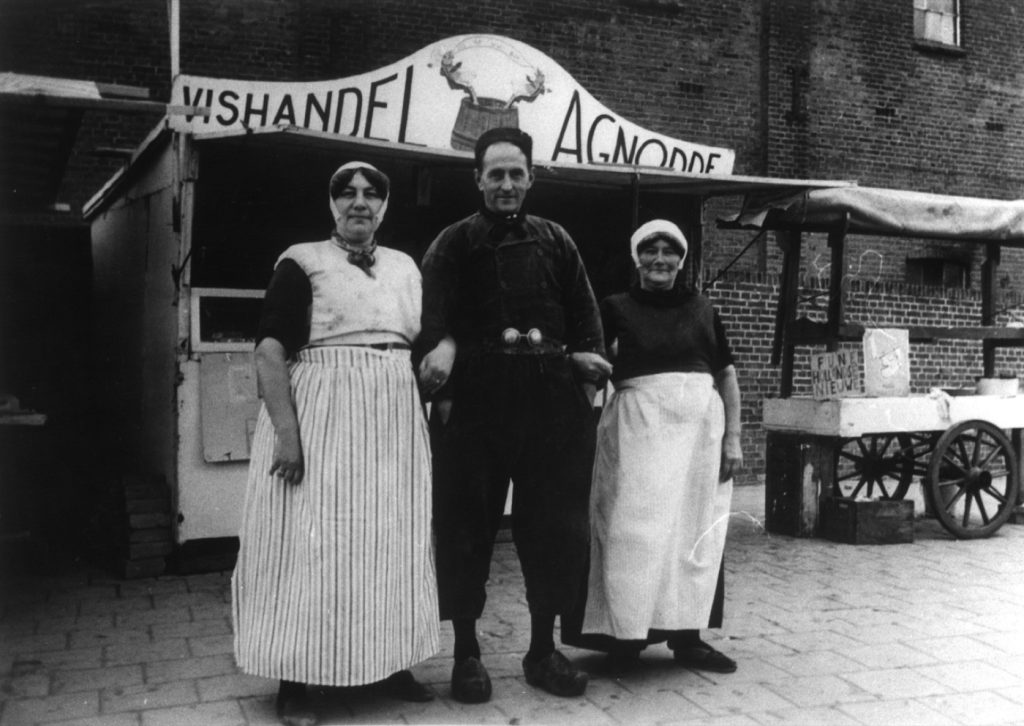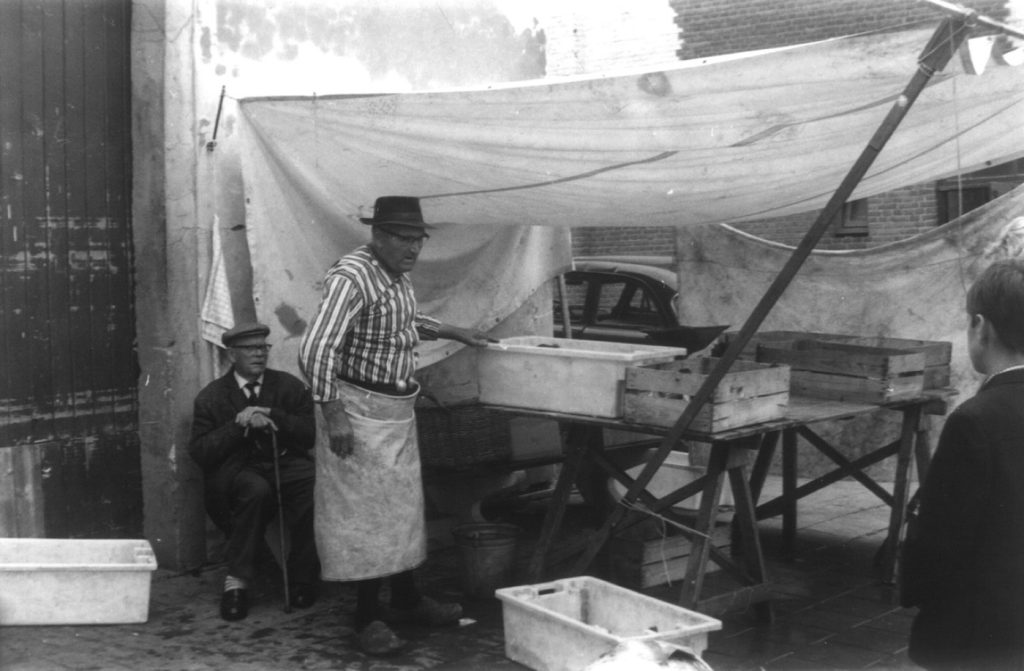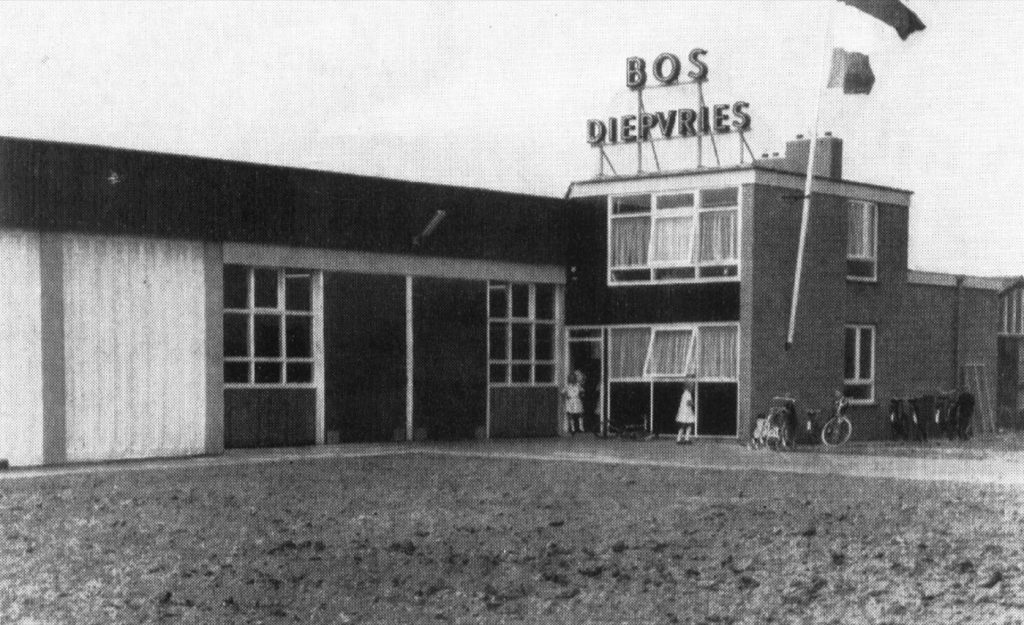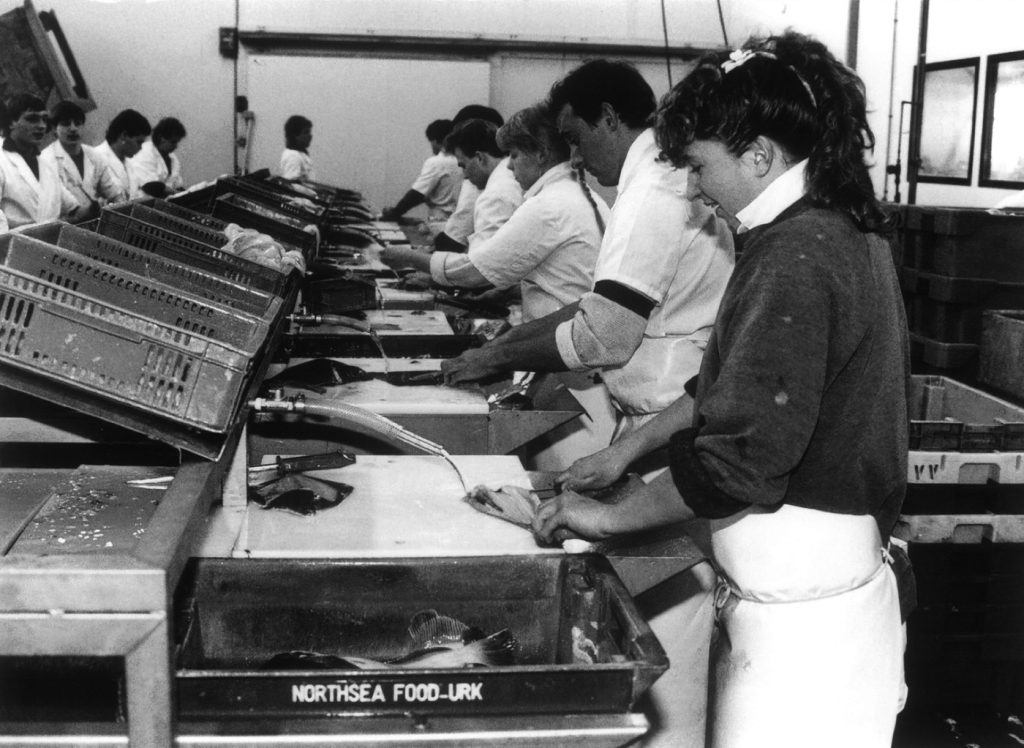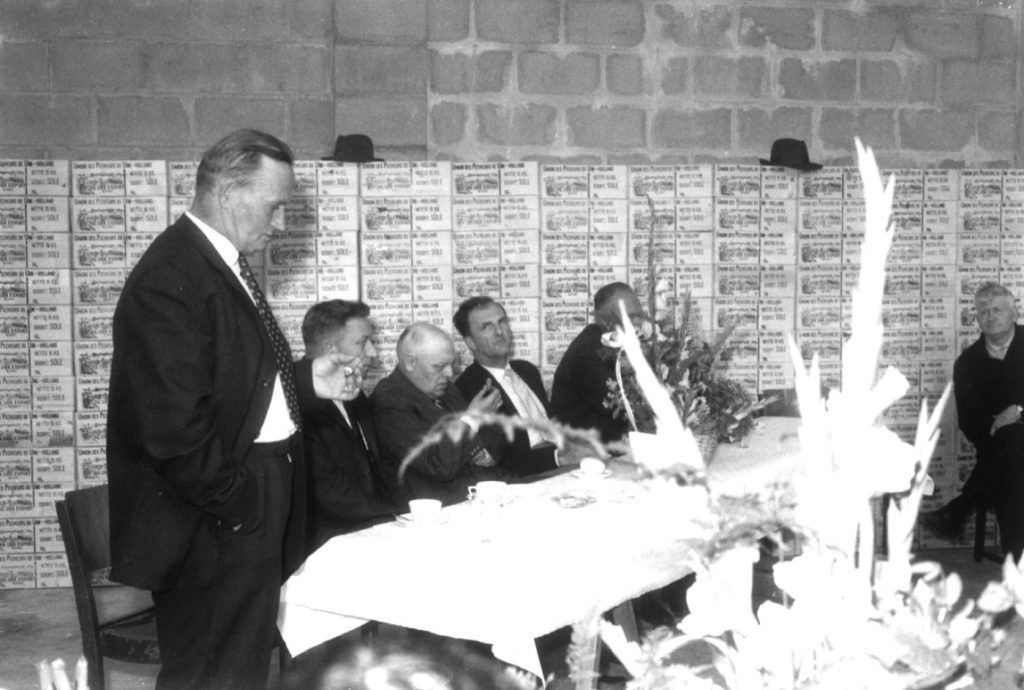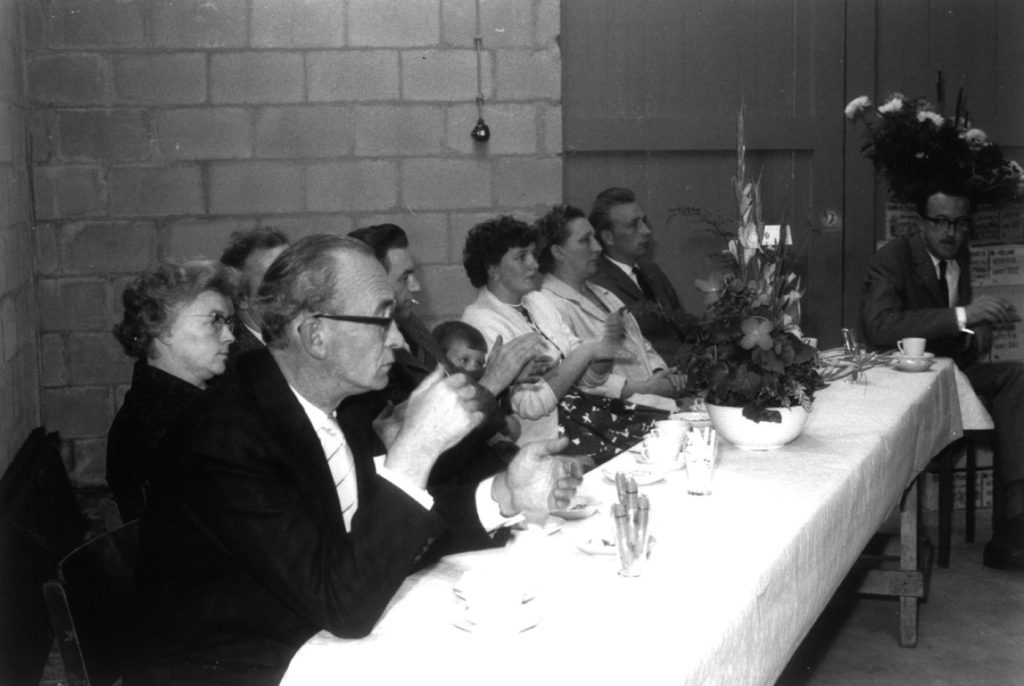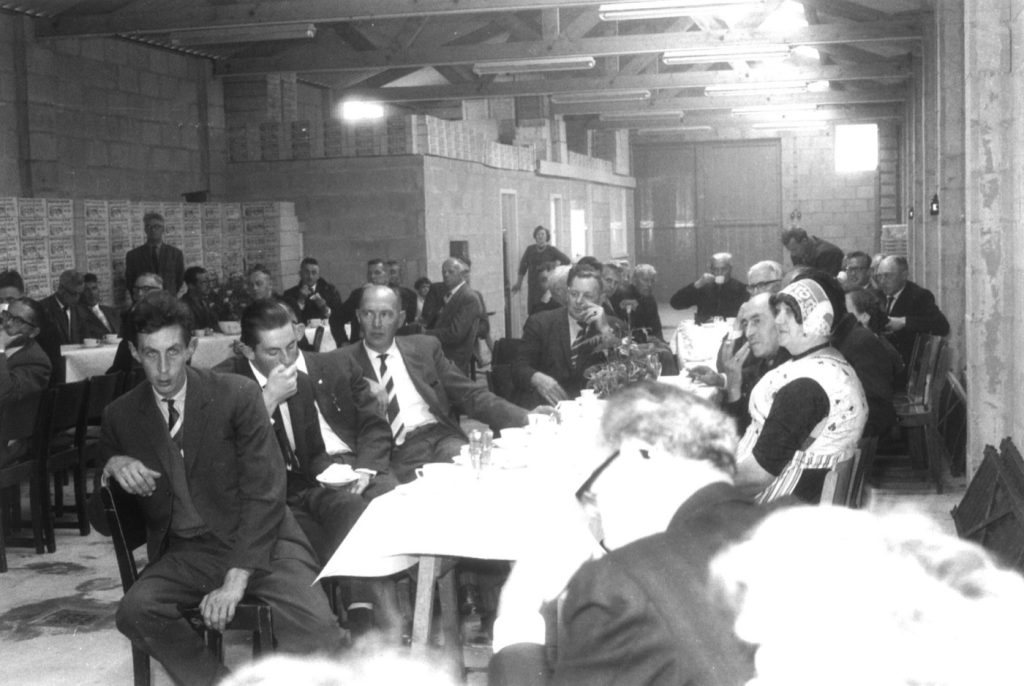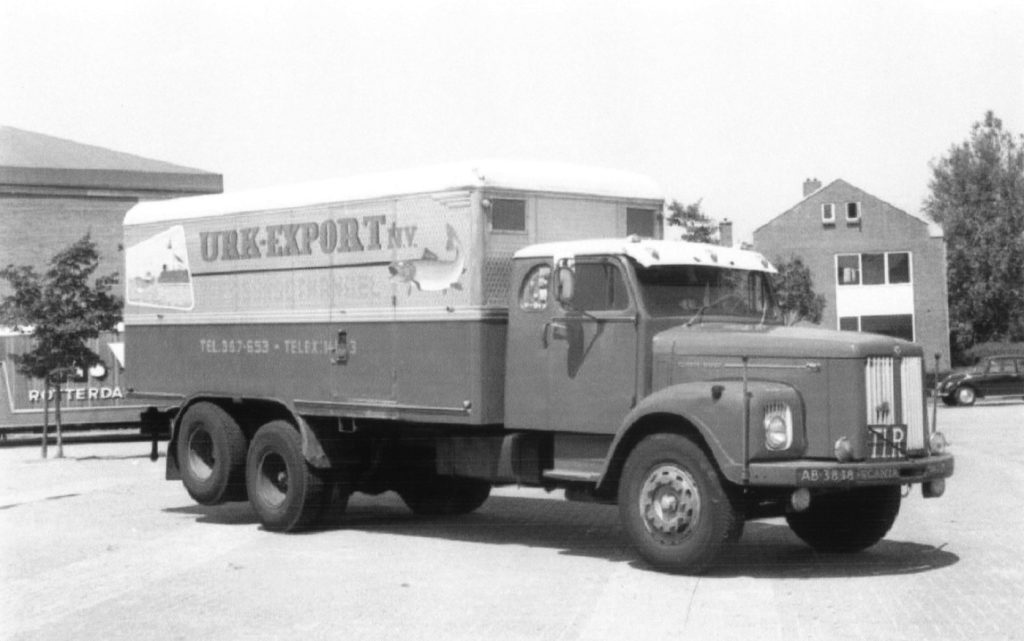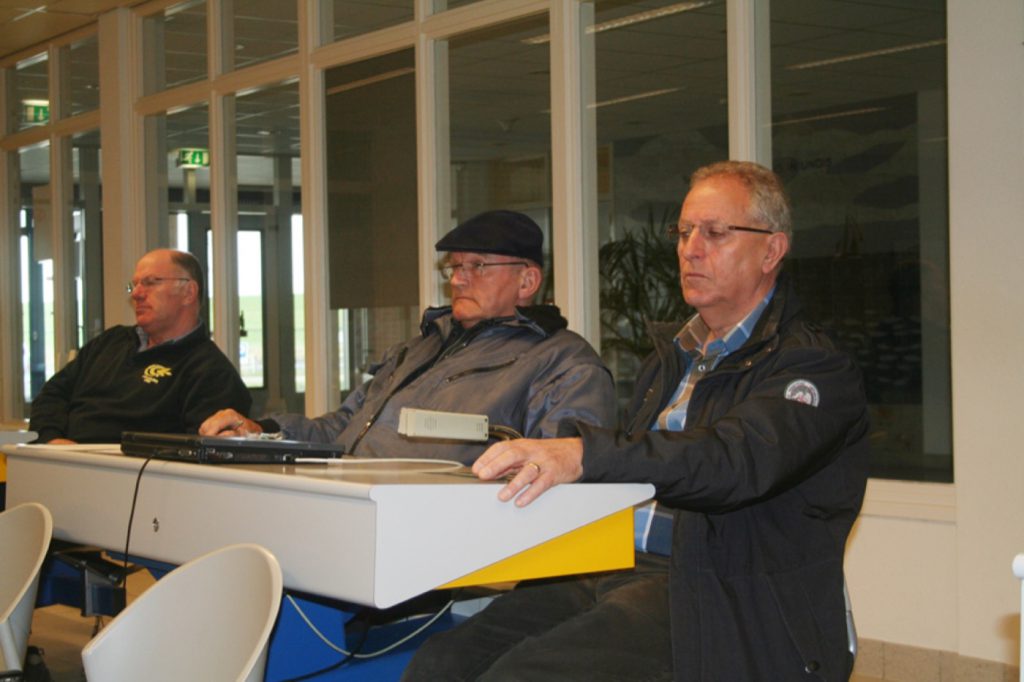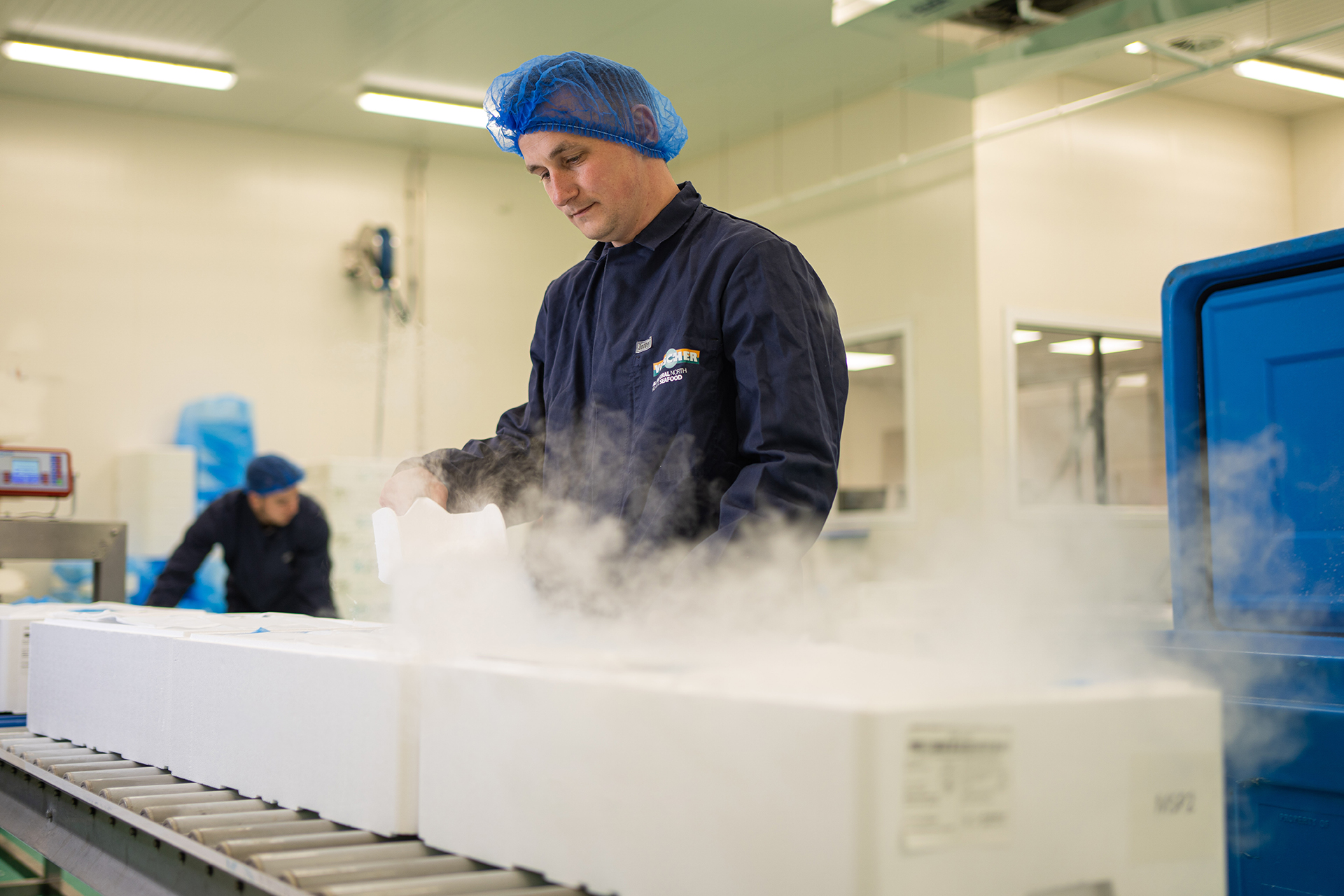
About the seafood sector
An industry full of ambition, that’s seafood! The seafood industry has been growing rapidly for years and now has annual sales of €2.5 billion. In addition to economic growth, this is a food production sector. The sector is essential for human nutrition and is therefore hugely important for Europe!
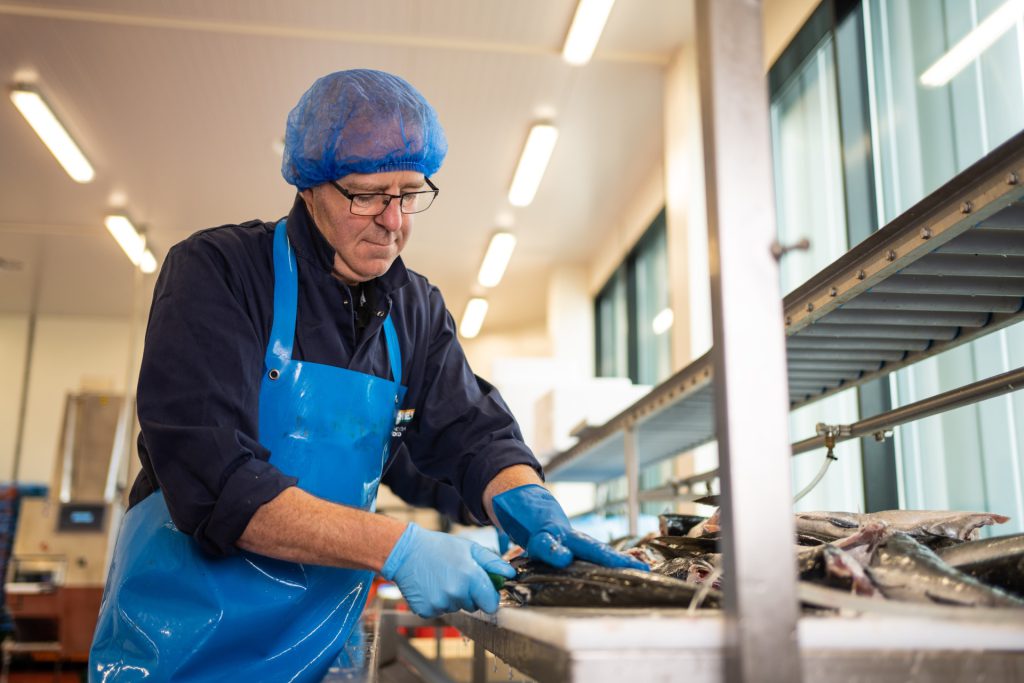
An industry with healthy growth!
The sector is growing, both economically, and in personnel and logistics. Every year, production in the salmon industry, for example, is growing like crazy. Producing these products requires many people, rapid technological advances, and strict human and food safety requirements. This growth offers tremendous career opportunities both on the shop floor, in the office or in the development of new machines, software and products.
Product development
You may not immediately think of it, but product development is a very important factor in seafood. Every year, companies launch their new seafood dishes, new sauces and marinades are developed, and a lot of work is being done on vegetarian dishes and complete meal packages. All those things need new techniques, but they also need to be able to be produced safely. Quality managers regularly test the safety of productions and also look at preparation methods. There are even companies with their own laboratories!
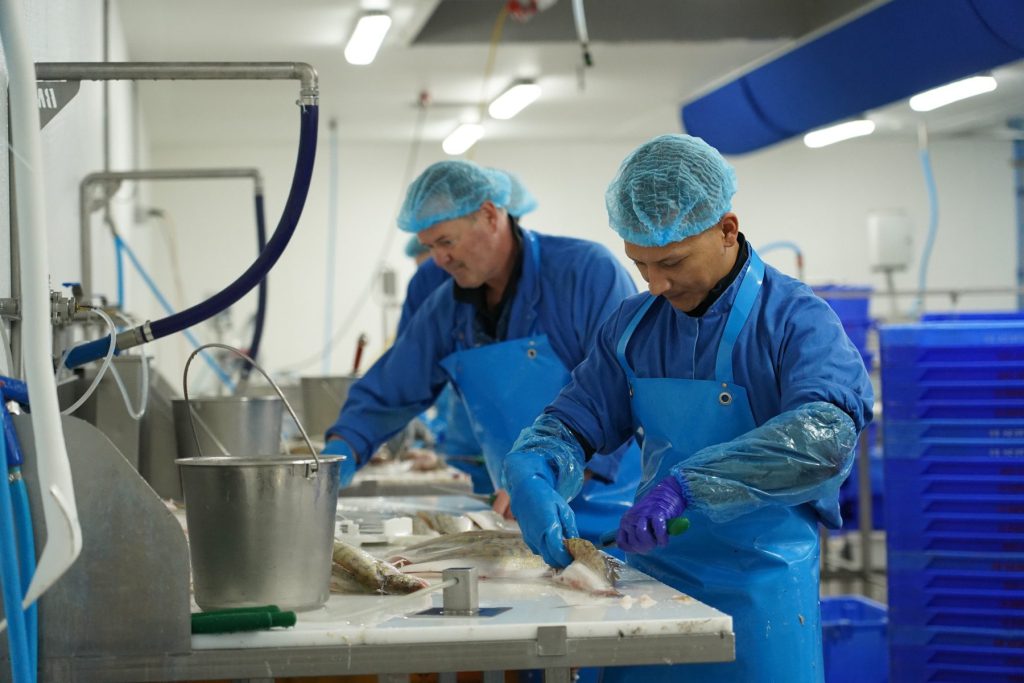
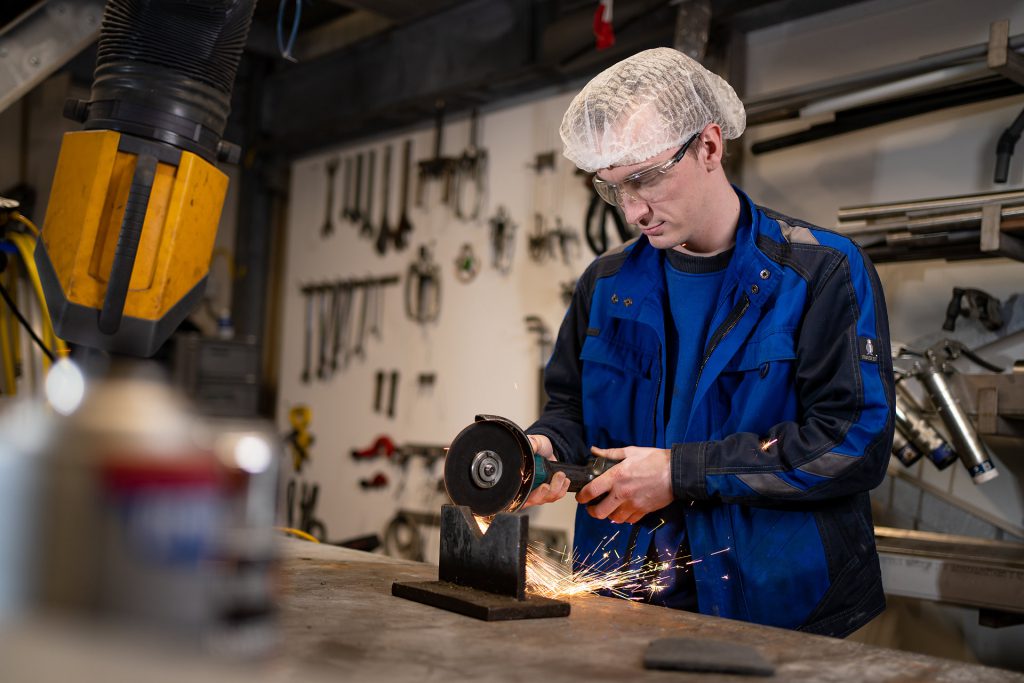
An industry with a future!
With so much hard work being done on new products and optimizing processing technology, there is one thing we can say with certainty: “Seafood has a golden future!” The industry continuously shows resilience in intense periods in the market and can deal with the blows like no other. We have seen very strong growth for years and developments in products and machinery are moving incredibly fast!
A sustainable industry
The world is in a time of transition and the seafood sector is doing its part. A tremendous amount is being invested in making the production process, operations and product development more sustainable. For example, incorporating the leftovers from the production process into new products such as animal feed instead of throwing them away. Almost every business has solar panels on the roof, machinery is becoming more and more efficient, and there is a lot of investment in making refrigeration more sustainable. In addition, we see more and more companies producing and developing vegetarian products, and more and more logistics processes are carried out by electric vehicles.
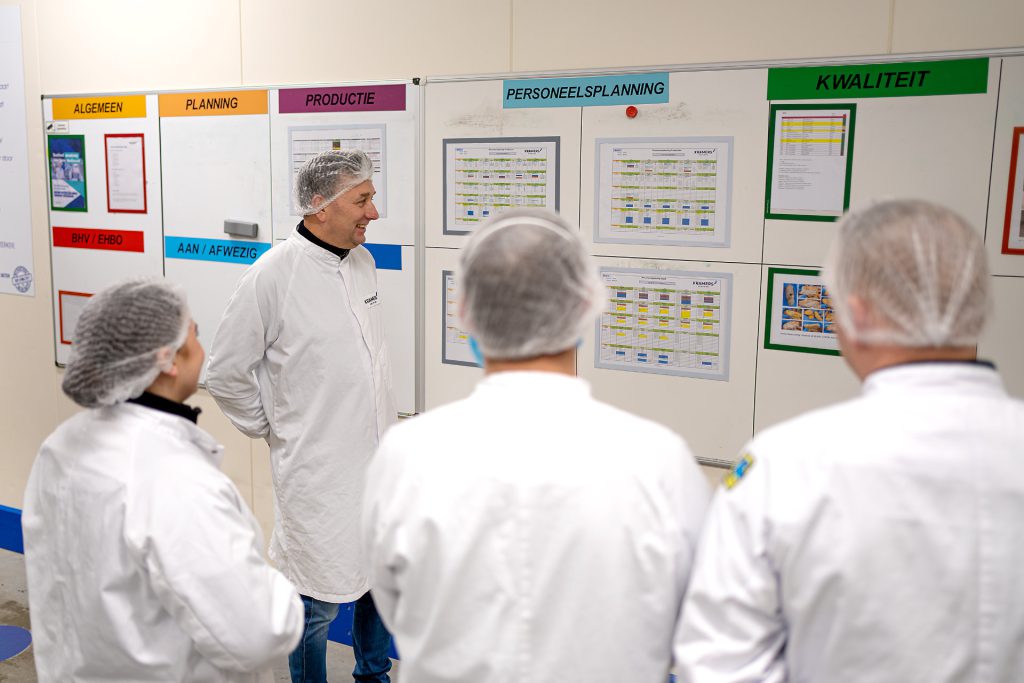
History of the seafood industry
Fish have been caught on Urk for centuries. As an island in the Zuiderzee, many of these fish were caught for their own consumption, but soon the fish were processed for sale. So fish production is in the village’s genes. After the reclamation of Urk, the village made a transition to North Sea fish, and from the 1960s onward, the tremendous growth of this branch of production began. This resulted in what we can now proudly call the seafood industry!
The establishment of the Urk Municipal Fish Auction in 1905 created a central point where fish was landed and traded. Traders and buyers competed with each other which had a favorable effect on prices. Around the fish auction, processors, smokehouses and an ice cream factory settled. The sector was slowly but surely taking shape. In 1946, the Urk Fish Traders Association was founded, the forerunner of the Urk Fish Wholesalers Association (VVU), which came into existence in 1965.
Starting in the 1960s, the seafood industry really took shape and the trade and processing of North Sea fish grew to great heights. More and more processors, cold stores and traders are rapidly growing the industrial park. Starting in the 1970s, fish were increasingly imported to meet demand. The growth actually never stopped and 50 years later, Urk has a multi-billion dollar professional industry that we are proud of!
